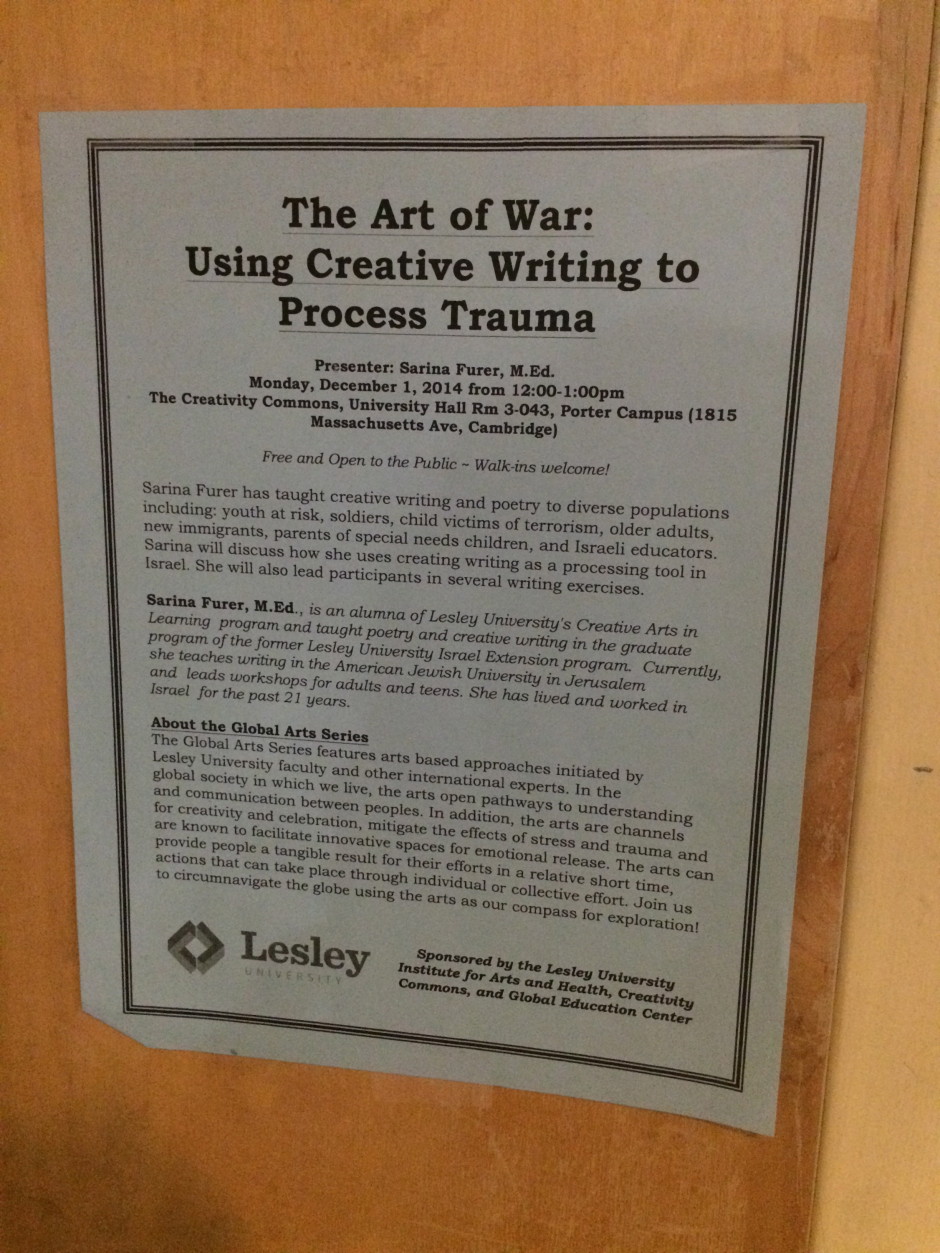The country is experiencing demonstrations across the country to protest police killing unarmed black people with alacrity. We, as a culture, seem to have reached a tipping point. “To Protect and Serve” as been besmirched by Michael Brown’s “Hands Up, Don’t Shoot” and Eric Garner’s “I Can’t Breathe.” Twelve-year-old Tamir Rice never even got a chance to surrender. We know what’s going on and we know it needs to change. People are speaking out, staging “die-ins” to express their concern [and of course being arrested for it by the police]. I raise my voice and concern and support by sharing this song, “Why Can’t We Live Together” by Diana King with Kyle Eastwood. For me, it says it all, and I know the artists feel the same. I hope you will, too. Jack From the…
365 Docobites Gets Kickstarted!
We’re pleased to tell you that Epiphany Morgan and Carl Mason, the videographers we featured a few days ago http://fictionalcafe.com/sharing-their-stories-with-the-world/#.VIodBYrF_Do], have met their Kickstarter goal, raising almost $5,000 in just a few days. We would like to think you played a part in this happening. Here’s their message to all of us: Thank you! We are thrilled to announce we have reached our initial target of 17K! We want to thank every single person who pledged or shared the campaign with their friends and family as we simply would not have been able to continue sharing these human stories without each and every one of you. So with 7 days to go, what’s next? Our Stretch Goal! We have been keeping in touch with the amazing photographer from Humans Of Amsterdam, Debra, ever…
Make Words, Not War
I recently attended a workshop at Lesley University, run by Sarina Furer who teaches children in Israel how to write poetry to process their trauma. Her students are in a constant state of alertness, living in a war zone with regular shellings. Even in the classroom, there is no safety; when a signal comes on, they have 90 seconds to get to a safe shelter before a ballistic strikes. War breeds isolation and loneliness, so she tells her students to shift their attention to “small, quiet moments of beauty” to create a calming of the psyche. Writing and sharing their poems is a powerful experience for her students, letting them exclaim “war has not completely overtaken my life.” As I listened to her speak, I thought of a song by the Decemberists, “After the Bombs,”…
Sharing Their Stories With The World
We baristas believe in stories, and especially in storytellers. That’s why we do what we do here at Fictional Cafe, and why we’re excited to share the story of two video documentary storytellers with you. Two intrepid Australian storytellers, Epiphany Morgan and Carl Mason, have been traveling the world to create 365 mini-documentaries in 365 days. Their project is called 36docobites and you ought to take a look. These people not only have an ingenious and deeply human project underway, but are creating the most amazing video stories with people from all around the world. We want to help them, and we thought you might want to as well. They have a campaign on Kickstarter and not many days to reach their goal. If you can kick in [yep!] some help, please do. There are a…
“War and Peace” Reading Group is Now Reading!
On October 27, we posted a message about starting a Goodreads group to read a book few, if any, would undertake without some external motivation: War and Peace by Leo Tolstoy [The Louise and Aylmer Maude translation]. My friend David Bond suggested creating a Goodreads group to read it together, and I heartily joined in sponsorship and the read. [I think my copy has been sitting on my bookshelves for about 40 years.] We’re proud to announce our group of eight people officially began reading December 1. One of us was so excited he finished in 24 days, in November. You can be sure we’re going to have questions for him! Few would dispute this is a masterpiece, and many believe it to be the greatest novel ever written. Others suggest it represented a major shift in…

